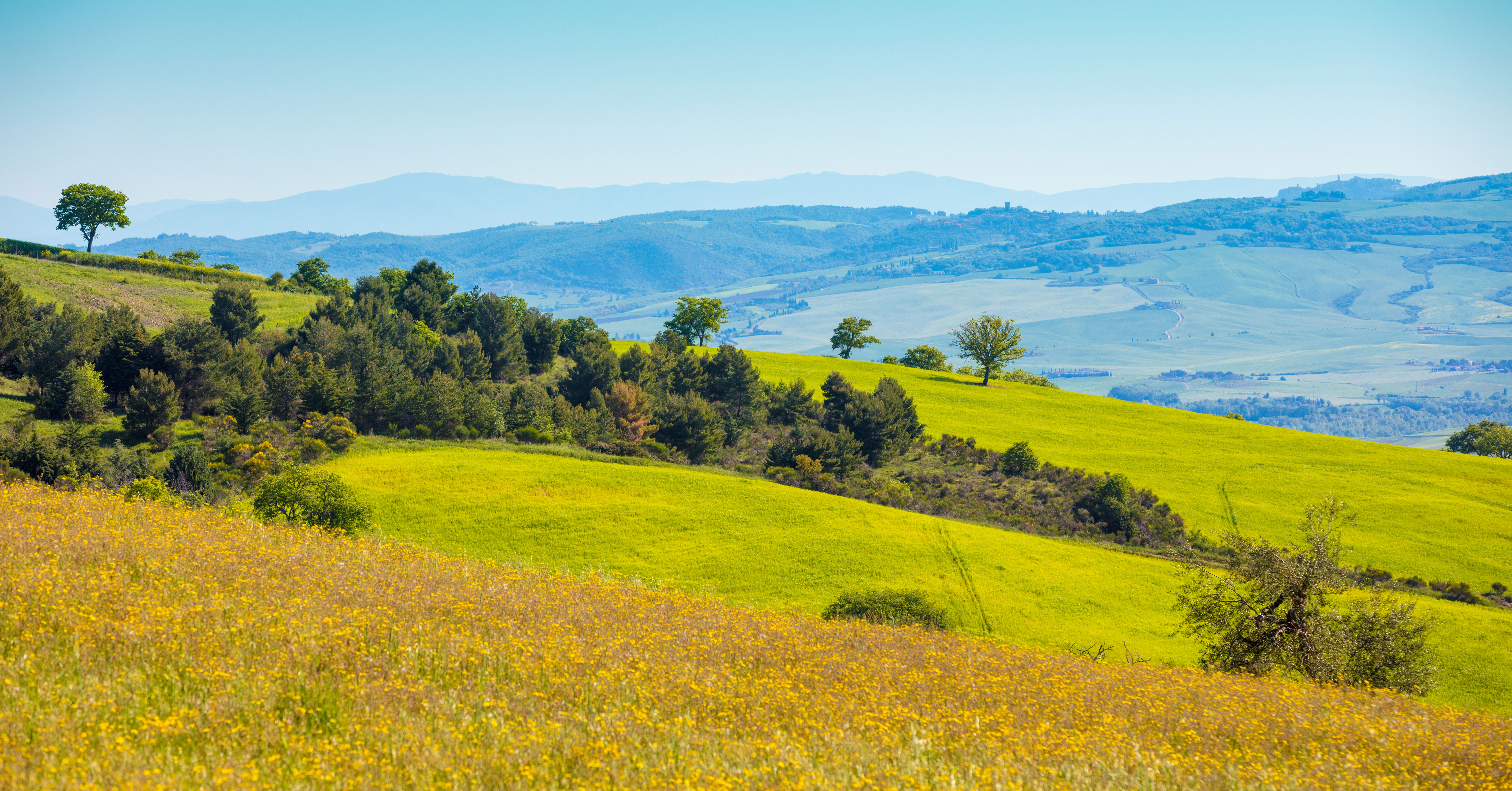
Small steps forward for sustainability instead of a giant leap
The European Commission today launched two packages of policies as part of the European Green Deal - the Farm to Fork and Biodiversity Strategies.[1]
This is the first time the Commission has presented a coherent set of policies to tackle the food, farming and ecological crises. They contain a number of positive measures, but stop short of stimulating the systemic change needed, according to Friends of the Earth Europe.
Mute Schimpf, food and farming campaigner at Friends of the Earth Europe said: “The European Green Deal has so far shown that you can have a growth strategy, or you can have a strategy which genuinely tackles the ecological, climate and farming crises. The Farm to Fork Strategy proves that you can’t have both - putting energy efficiency labels on fridges didn’t stop climate breakdown, and putting eco-labels on our food won’t stop ecological collapse.”
The Farm to Fork Strategy:
* Includes a target to halve pesticide use by 2030. NGOs and over 300,000 citizens have called on the Commission for an 80% reduction target, and a full phase-out by 2035 [2]
* Does not include a dedicated action plan to reduce the production and consumption of industrial meat and other animal products. It mentions replacing feed imports with ‘innovative feed additives’ and developing ‘alternative feed materials’, as well a number of proposals for improving labelling and consumer information [3]
* Presents a new generation of GMOs as an option to “improve sustainability along the food supply chain“, following lobbying from the biotech industry.[4]
Friends of the Earth Europe considers the lack of coherent and specific legislation to reduce meat, dairy and eggs, the promotion of a new wave of GMOs, and inadequate pesticide reduction targets to undermine the Strategy’s commitment to “fair, healthy and environmentally-friendly” food systems.
Mute Schimpf continued: “Industrial agriculture is causing ecological collapse – and it’s made possible by pesticide use, weak GMO safety laws and factory farms being politically acceptable. The Farm to Fork Strategy leaves the door open for weakening GMO safety laws, remains dangerously weak on pesticides and industrial animal agriculture. Agribusiness executives will sleep well tonight.”
The Biodiversity Strategy
The Biodiversity Strategy includes some more positive commitments, including:
* An aim to complete the Natura 2000 network and, together with nationally protected areas, bring 30% of EU land under protection
* Tasking the EU with setting up binding restoration targets for degraded habitats
* Proposing that at least 25% of the EU’s agricultural land must be under organic farming by 2030 - something that is also included in the Farm to Fork Strategy
For the first time, the strategy includes ideas for how to regulate trade with respect to biodiversity. It integrates reporting obligations for biodiversity under the non-financial reporting directive, and promote tax systems and pricing to reflect real environmental costs and consider due diligence approaches. However, the proposals will be voluntary rather than binding - meaning their impact is likely to be minimal - so it is vital they are transformed into concrete legislation.
Friedrich Wulf, international biodiversity campaigner for Friends of the Earth Europe said: “This is a welcome first step, but its good words and positive intentions need to be taken up by the rest of the Commission by updating outdated growth-driven policies to make sure nature is preserved. This should start with a massive overhaul of the Common Agricultural Policy to make sure it phases out factory farming, pesticides and excessive fertilizer use, and ensures that our food is produced by sustainable local farmers.”
The legislative proposals in the two strategies will now move ahead. The pesticide reduction target will be reviewed in 2022, and the reform of the Common Agricultural Policy will be finalised in the coming months.
Notes
[1] Farm to Fork Strategy: https://ec.europa.eu/info/sites/info/files/communication-annex-farm-fork-green-deal_en.pdf
Biodiversity Strategy: https://ec.europa.eu/info/files/communication-eu-biodiversity-strategy-2030-bringing-nature-back-our-lives_en
Friends of the Earth Europe has set out its overarching demands for a European Green Deal which would deliver the systemic change needed to tackle the overlapping planetary crises: http://www.foeeurope.org/Principles-for-transformation
[2] Over 300,000 citizens have signed the Save Bees and Farmers ECI, calling on the EU Commission to cut synthetic pesticides by 80% by 2030, with a full phase-out by 2035: www.savebeesandfarmers.eu
An 80% reduction target is in line with the recommendations of the IPCC special report on climate change and land https://www.ipcc.ch/srccl/
[3] A coalition of NGOs called on the EU Commission to include an action plan on “Less and better meat, dairy and eggs in the Farm to Fork Strategy” http://www.foeeurope.org/sites/default/files/agriculture/2020/less-better-animal_products-farm-fork.pdf
[4] In July 2018, the European Court of Justice ruled that a new generation of GMOs must be subject to existing EU safety standards. http://www.foeeurope.org/eu-top-court-confirms-safety-checks-needed-new-gmo-250718
This has led to the biotech industry pushing back by asking Member States to push for a new, weaker GMO safety law which would allow new GMOs to be grown and sold in the EU without safety checks. Earlier drafts of the strategy had indicated that references to GMOs as a means to move towards sustainable farming would be included.
European Seeds Association: 22 business organisations ask the EU for pro-innovation rules for plant breeding: https://legacy.euroseeds.eu/22-european-business-organisations-ask-eu-pro-innovation-rules-plant-breeding
Source: Friends of the Earth Europe










